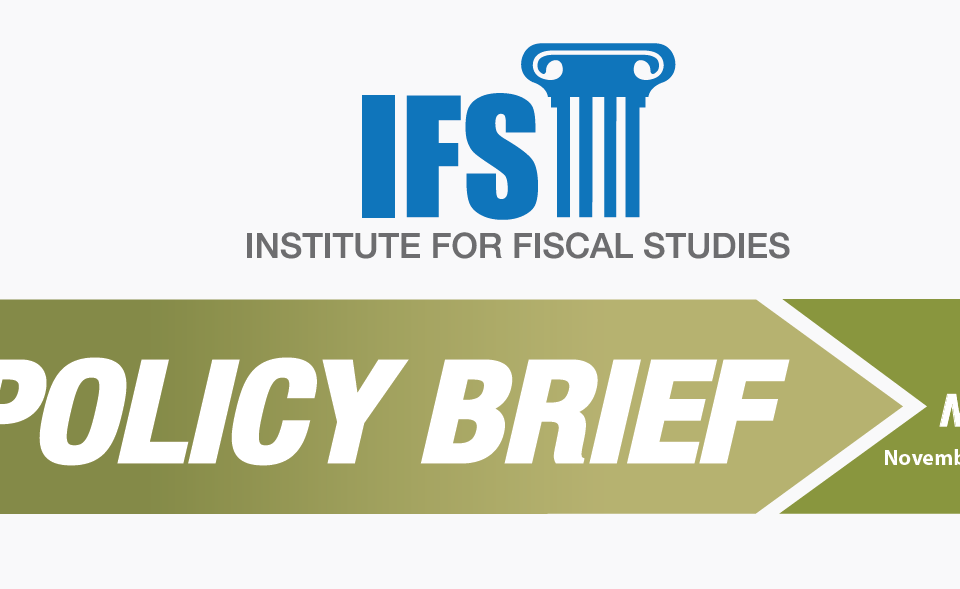January 5, 2022
Ghana has been facing a very difficult fiscal situation for quite some time. Since 2012, the country has run large fiscal deficits, which have led to rapid debt build-up. The ratio of public debt to GDP, which stood at less than 29.1% in 2011, climbed swiftly to 55.6% in 2016. This led to a sharp increase in interest expenditure from 13.2% of total revenue and grants in 2011 to 35.8% in 2016.In 2017–2019, the officially declared budget deficit fell to an average of 4.4% of GDP from an average of 6.5% of GDP in 2013–2016. However, in addition to the […]

